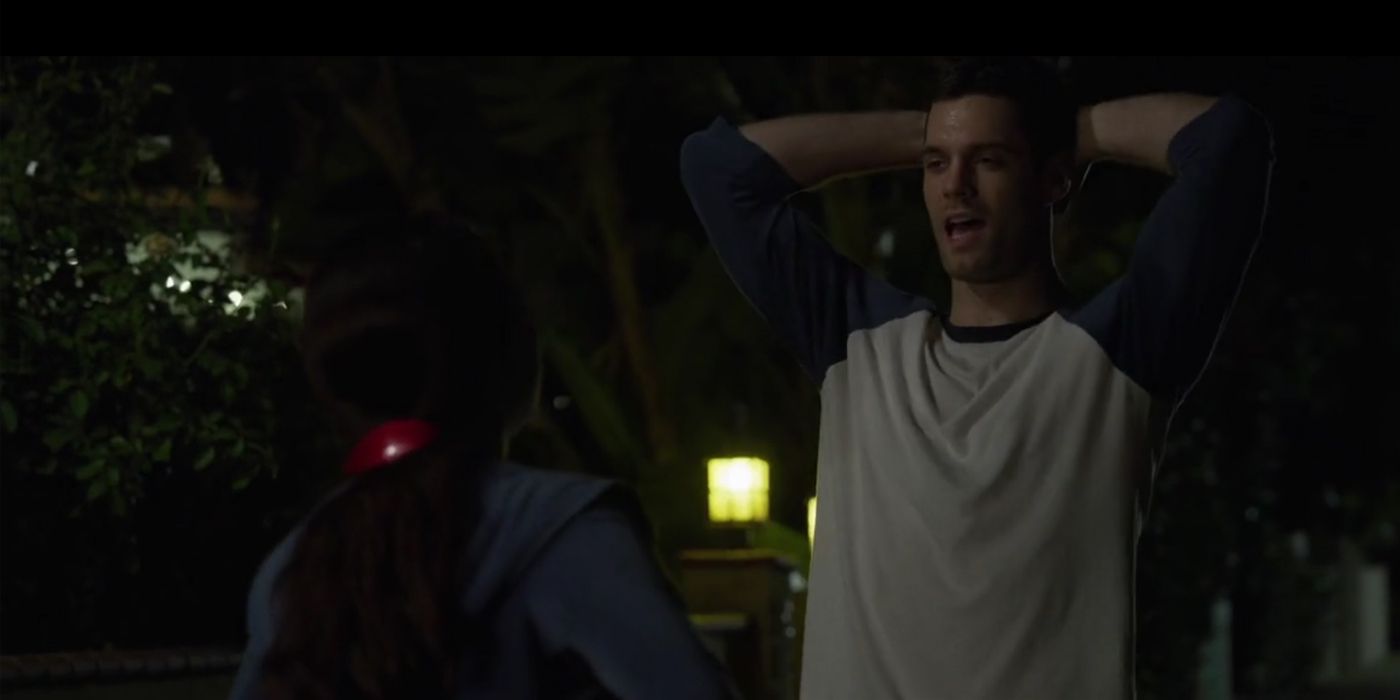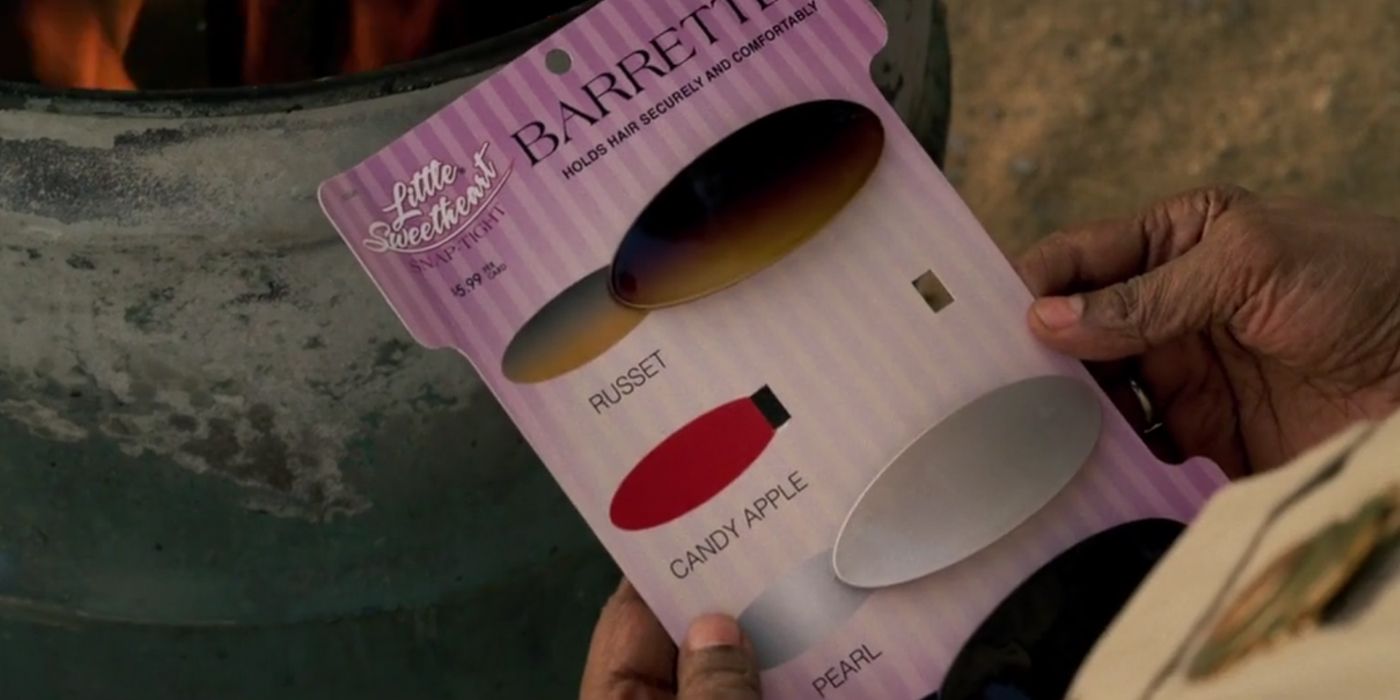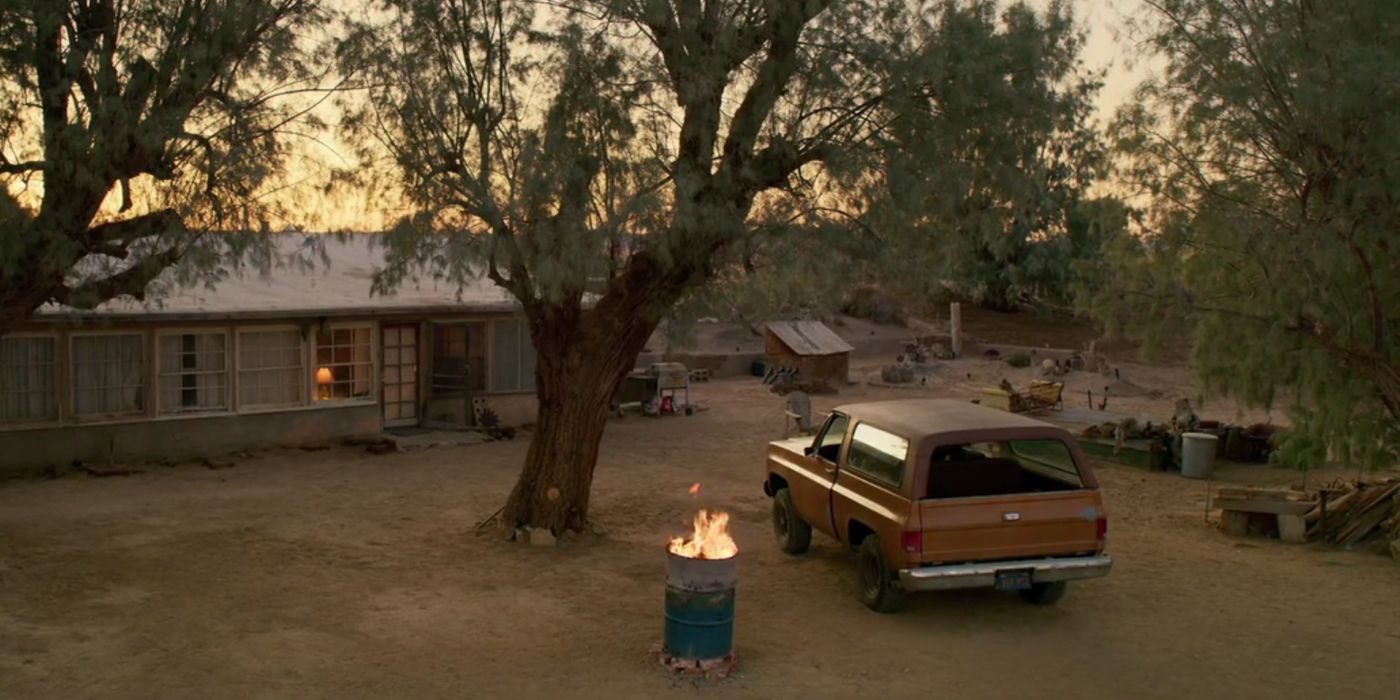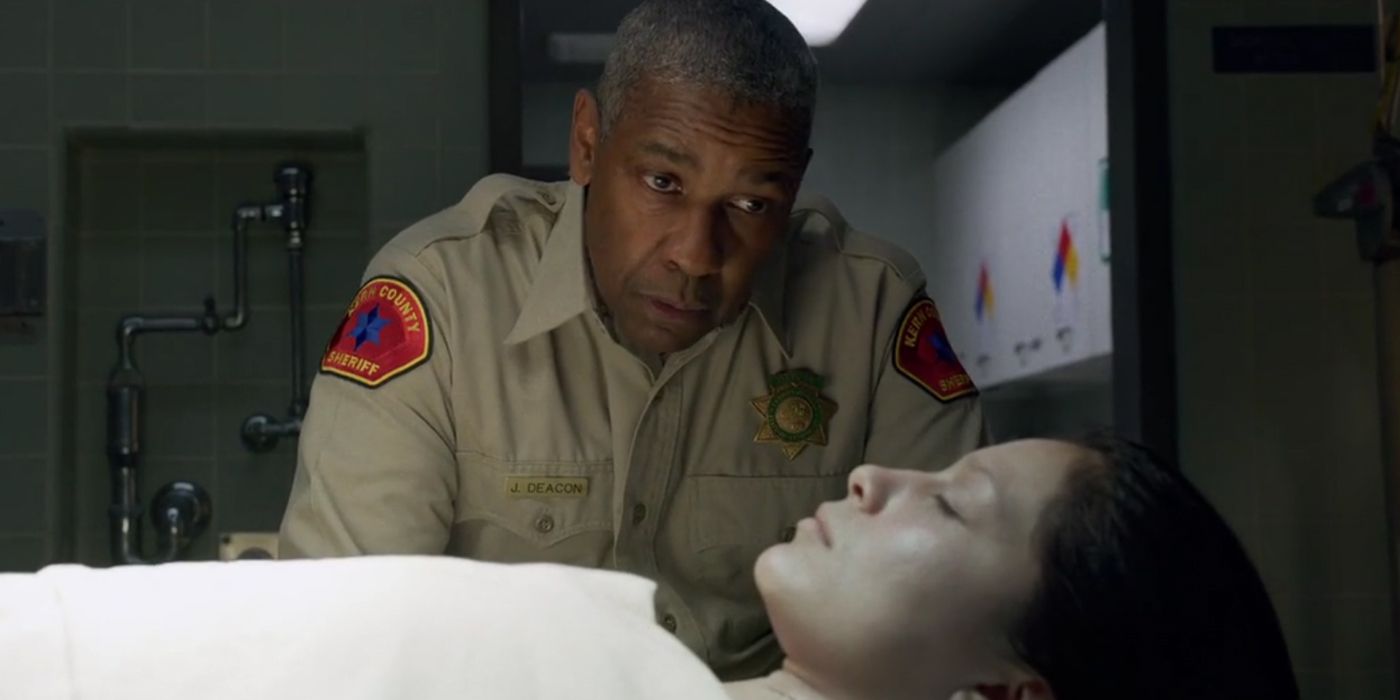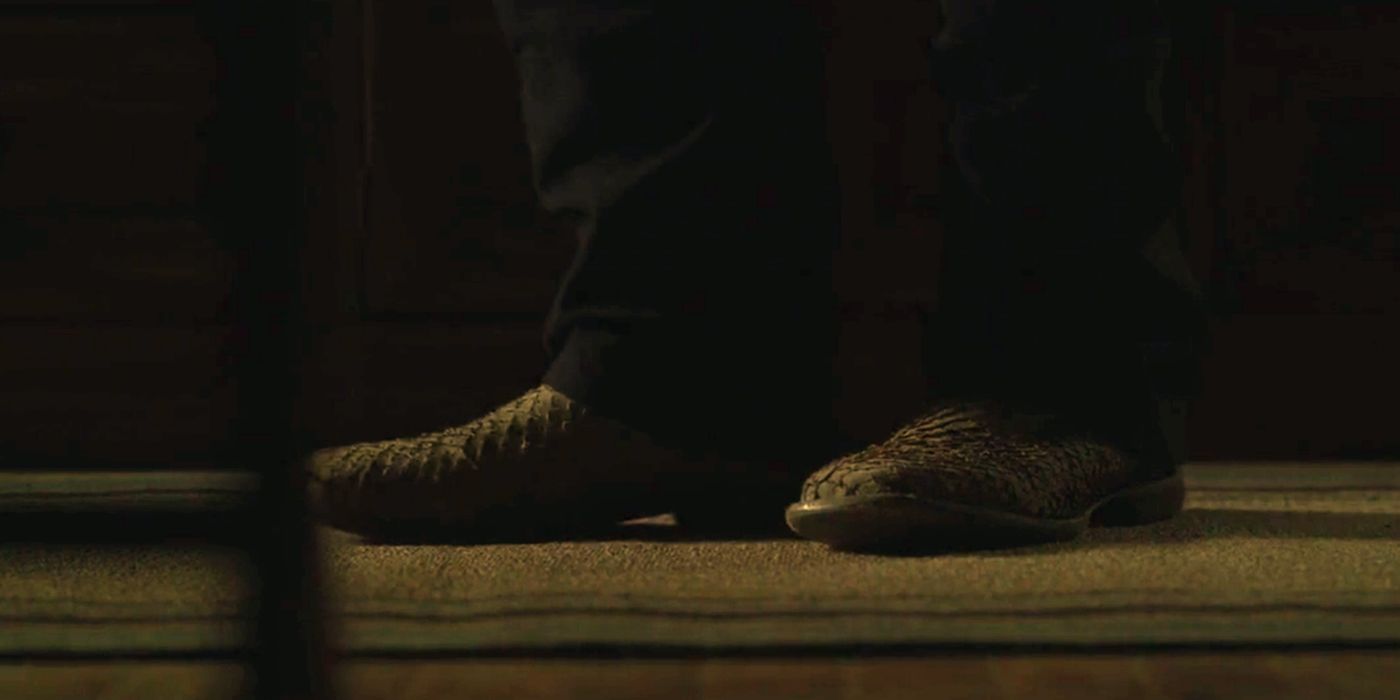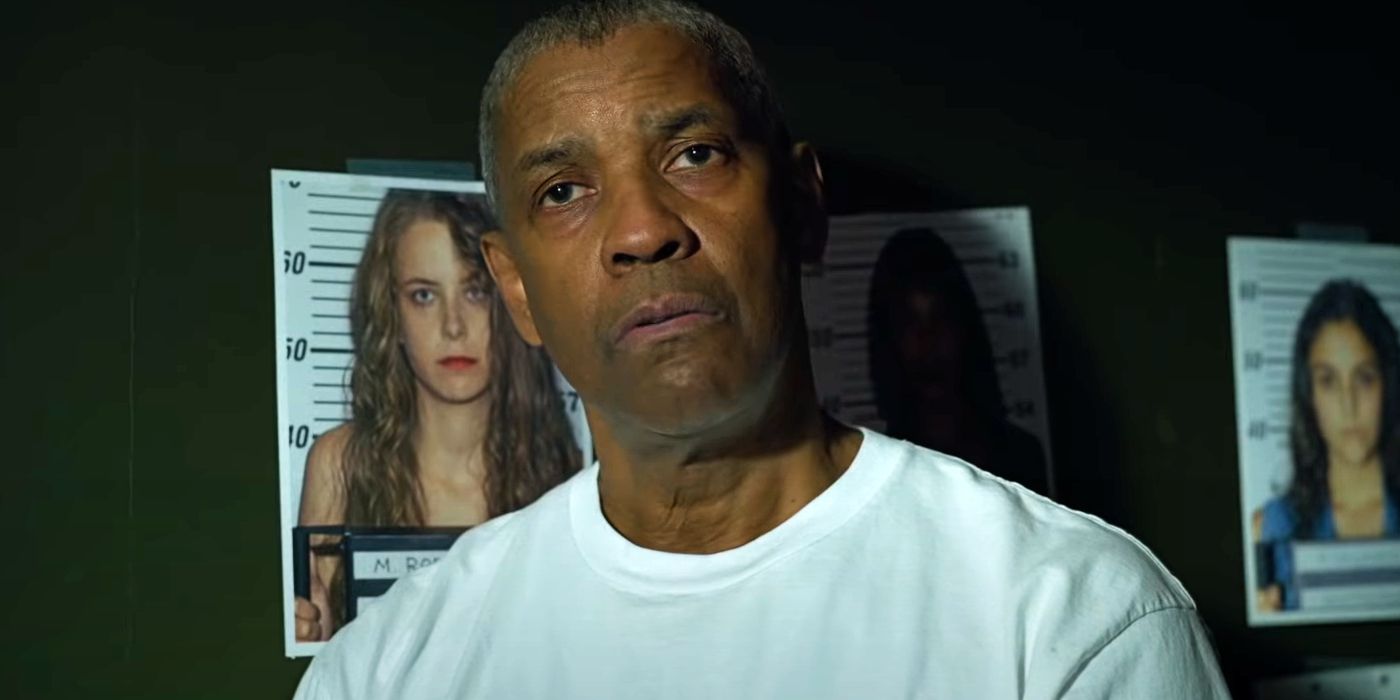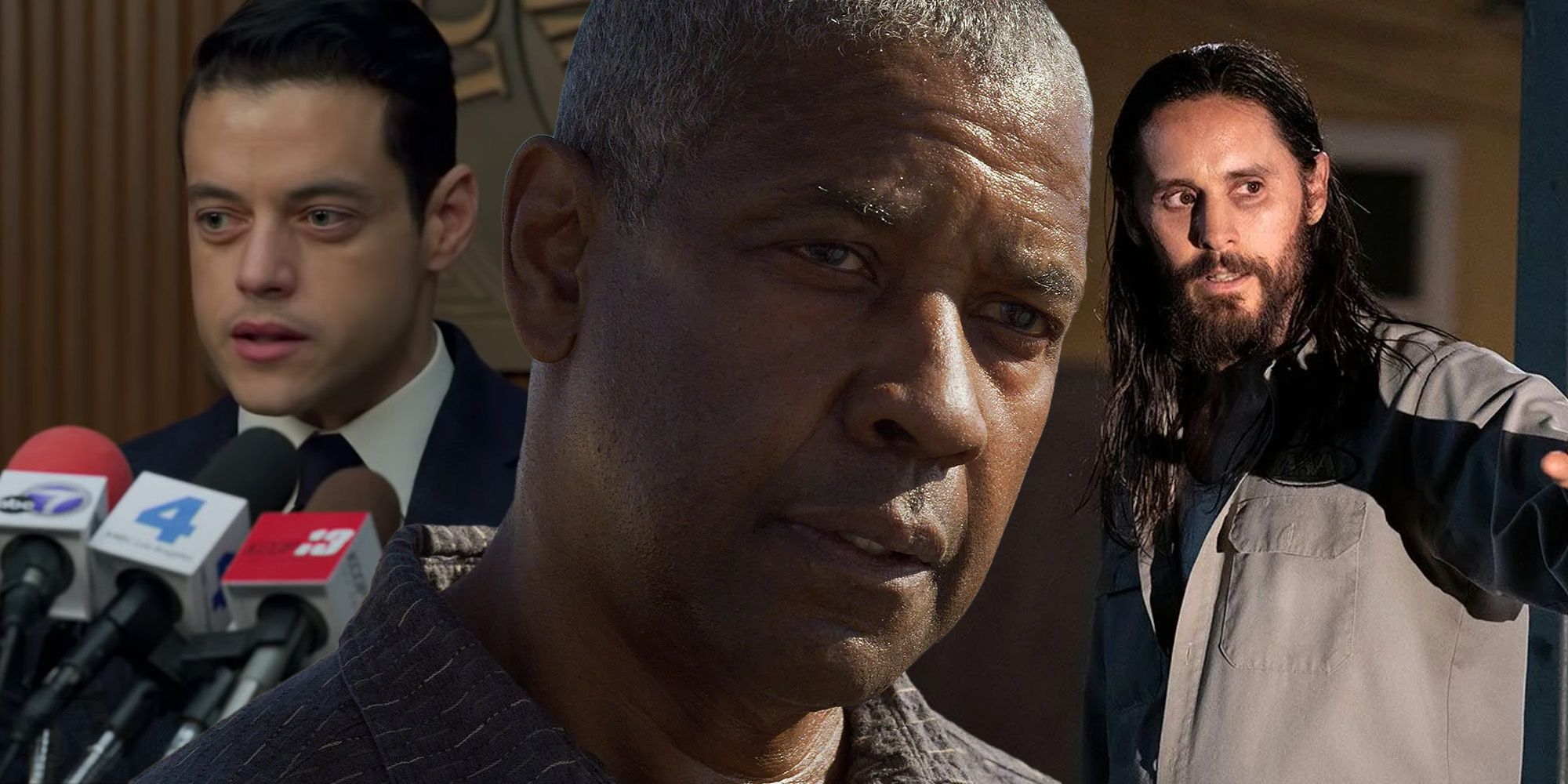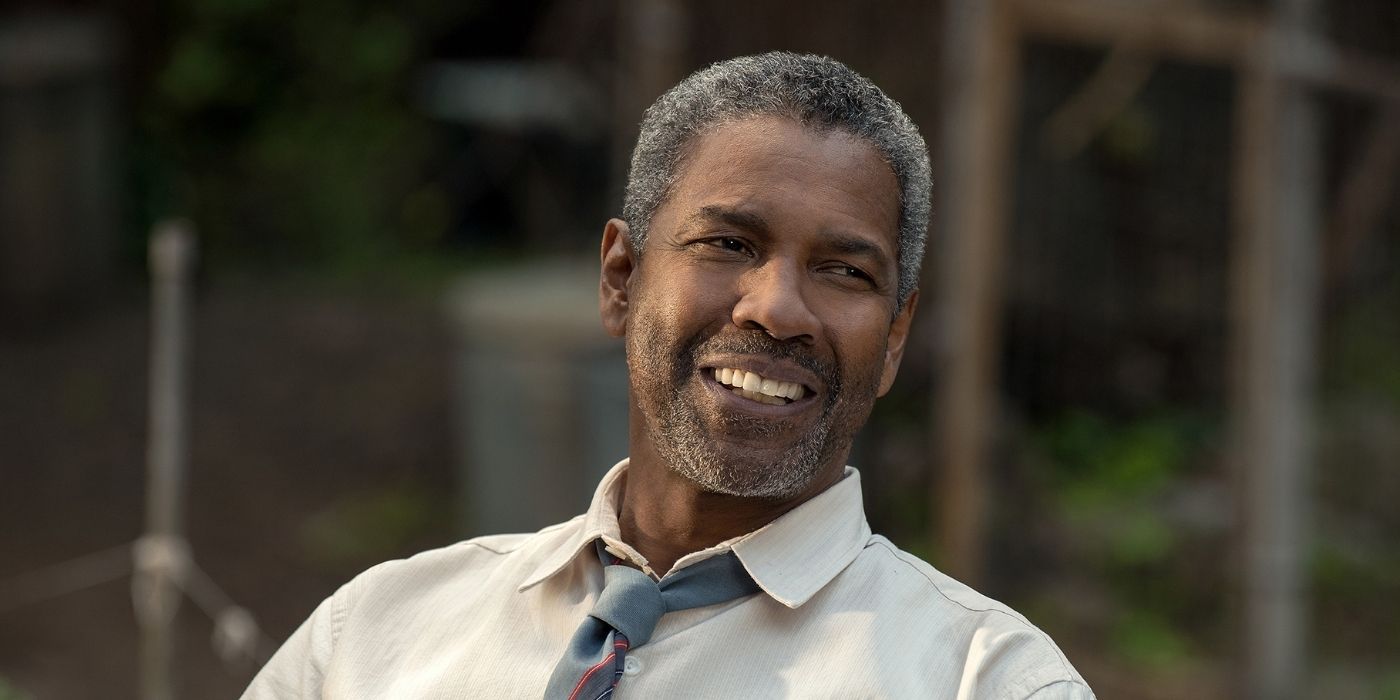The ending of The Little Things is ambiguous about Sparma’s guilt, leading some viewers to The Little Things killer theory that it’s actually the corrupt police officer, Deacon. In The Little Things ending, Joe Deacon (Denzel Washington) and Jim Baxter (Rami Malek) have no answers to the murder mystery with which they are unhealthily obsessed, leading to rather sinister events. Instead of solving his case, Baxter ends up murdering the prime suspect Albert Sparma (Jared Leto). Instead of turning Baxter in, Deacon is there conveniently to help him cover it up, just as Deacon’s colleagues helped him cover up an accidental murder of his own years earlier.
Deacon may be the real killer in The Little Things, but for every clue that Deacon is the real killer, there’s a plausible counterargument for his innocence. There’s not enough evidence to reveal the identity of the real killer in The Little Things, which is what makes the mystery so frustrating. Deacon’s guilt is central to The Little Things‘ story, and he states several times that “it’s the little things that get you caught,” first referring to the suspect, and then Baxter when they are covering up Sparma’s murder. That’s just one of the little things that give credence to The Little Things killer theory.
Ronda Rathbun Disappeared During Deacon’s First Night In Town
Ronda Rathbun suspiciously disappears on Deacon’s first night in town, which may be a coincidence, but it’s the first thing any detective would look for in a suspect: opportunity. If there was any evidence for Deacon being the real killer in The Little Things, he would have no alibi that clears him of suspicion. While several scenes follow Deacon’s whereabouts during the night, a timeline of his actions isn’t given, allowing him a window of opportunity to follow Rathbun and dispose of her. However, opportunity alone is not enough to saddle him with Ronda’s disappearance, and since her body is never found, she may not be dead or even kidnapped.
Deacon Knew Exactly What Ronda’s Red Barrette Looked Like
At the end of The Little Things, Deacon buys a red barrette and sends it to Baxter to relieve Baxter’s guilt. Some may argue that this implies Deacon has insider knowledge about the barrette that only the killer would. Baxter did tell Deacon about the red barrette, but that doesn’t explain how he knew what it looked like. The only time the real red barrette is visible is the night Ronda was running with her friend, and it’s unclear if the red barrette that Deacon sent Baxter is the same. Additionally, if Deacon was the real killer in The Little Things, he could’ve sent the real one.
His Car Fits The Mileage And Trunk Space Profile
In addition to having the opportunity to have kidnapped and even to have killed Ronda, Deacon also drives a truck that fits the profile of what the detectives decided the killer in The Little Things would need to commit such a murder. His truck has the trunk space and the mileage (presumably because it’s an old, worn-out model) that the investigators are looking for in The Little Things‘ murder case. However, the car that follows Ronda is clearly not a truck, but a four-door sedan, and it is clearly shown in the movie, which somewhat discredits The Little Things killer theory.
Deacon Is Just As Grossly Obsessed With Murder As Sparma
Deacon is seen behaving in many bizarre ways since getting involved with Baxter’s investigation. He has visions of the victims in the unsolved case from his years as a detective; he keeps the files and photographs from that case on the wall of his hotel room; and, he talks to Mary Roberts’ corpse. All this behavior seems to be a part of his involvement in Baxter’s case, which he believes to be connected to his unsolved case from years ago. At times, his detective work seems more like a gruesome obsession with murder and death. However, his odd ways are common methods investigators employ when tracking serial killers.
Why Deacon’s Boots Were So Suspicious
Deacon wears the boots of a suspect in a murder case back in Kern County. Deacon is originally sent to Los Angeles specifically to get these boots, but it turns out later that the boots were no longer needed in the Kern County case, so he ultimately went to L.A. for nothing. While Deacon wearing the boots seems like the act of an unhinged killer, he was likely trying to empathize with the killer by literally walking in the shoes of another killer. Empathizing with serial killers is a controversial technique used by investigators in murder cases, and it’s hardly evidence he’s the real killer in The Little Things.
Deacon Is A Killer, But Was It On Purpose?
Ultimately, Deacon is a killer, having accidentally killed the girl in his unsolved case years ago. Instead of confessing to the accidental shooting, he gets his then-partner and a medical examiner to cover up the killing. This cover-up and Deacon’s strange behavior in the movie might point to the fact that the accidental killing was no accident. It’s possible that he was the real killer in that unsolved case from years ago and that he shot the girl on purpose, although his motivations remain murky and hidden, just like many of The Little Things‘ biggest unanswered questions. It also gives credence to The Little Things killer theory.
It’s possible that Deacon might have thought the girl was dead from the stab wounds, and when she appeared in the woods, he shot her to finish the job, not because he was startled. Regardless of his strange behavior and his real crimes in the movie, if Deacon is the real killer in The Little Things, there is simply not enough evidence to pin the murder on him or anyone else. If there was, Baxter, the star detective, would surely have figured it out, leading to the complete avoidance of Sparma’s death towards the end. Either that, or he simply wasn’t as good a detective as everyone thought.
Is The Little Things Based On A True Story?
The Little Things raises the question of whether its story is based on true events, and the answer isn’t a definitive “yes” or “no.” John Lee Hancock, who wrote The Little Things, began working on the film in 1993 when L.A.’s Night Stalker murders were still at the forefront of the public consciousness and films like Silence of the Lambs were winning Oscars. Hancock even worked closely with a homicide detective to take field notes. However, the movie’s case, as well as The Little Things’ characters, are fictional. Deacon and Baxter’s story is imbued with the spirit of serial killer cases, but the movie isn’t based on a true story.
What Director John Lee Hancock Says About The Little Things
What’s not widely known about The Little Things is that Hancock had written the script almost 30 years prior to making it. The writer/director bided his time, but the story about cops taking matters into their own hands stuck with him for years, finally leading the movie to come to fruition long after it had been written. Hancock changed little about the script when studios picked it up, and the movie eventually wrapped the day before Thanksgiving in 2019. In an interview (via IndieWire), Hancock discussed why he directed the film himself when so many others were interested, and why the killer in The Little Things subverted all expectations:
“It was subverting a genre. It seemed that all psychological thrillers, serial killer movies, and crime dramas had two interesting parts followed by a third with twists and misdirections. In the third act, you identify who the bad guy is and face off with him, usually in an action sequence, and the good guy dispatches the bad guy in a grisly way. The thematic intentions are different than people thought they would be. There’s no joy in Mudville at the end of this movie.”
Hancock wanted to highlight different aspects of a murder mystery movie like Knives Out, focusing more on the cops gradually unraveling as they faced the tough case. Different from films like David Fincher’s Zodiac, the killer in The Little Things is never revealed. Rather, the movie focuses on how Deacon is a killer, instead of trying to do a classic cold case film. However, that has led to The Little Things killer theory, and the whole speculation is what makes The Little Things so great.


